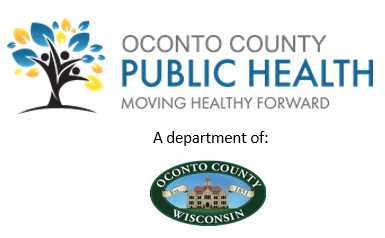Cantaloupes Linked to Salmonella Infections Sold in Wisconsin
At least four people in four counties have become ill; two of them hospitalized
The Wisconsin Department of Health Services (DHS), along with the Department of Agriculture, Trade, and Consumer Protection (DATCP), local health departments, and federal partners, is working to investigate a multistate outbreak of Salmonella infections linked to cantaloupes. According to the Centers for Disease Control and Prevention (CDC), 43 people in 15 states have been infected with the outbreak strain of Salmonella. This includes at least four people from Wisconsin.
Several cantaloupes and cantaloupe-containing products have been recalled recently due to suspicion of Salmonella contamination, including:
- Whole fresh cantaloupes with a label that says “Malichita”, “4050”, and “Product of Mexico/produit du Mexique” sold between October 16 and October 23.
- ALDI cantaloupe, cut cantaloupe, and pineapple spears in clamshell packaging with best-by dates between October 27 and October 31.
Find more information about products affected by this recall and where they were sold on the DHS Outbreaks in Wisconsin webpage.
Anyone who purchased recalled cantaloupe products is advised to not eat them and to throw them away along with any food that may be packaged with the cantaloupe (for example: fruit salad). This includes any fresh fruit that was frozen for later use. If you ate any recalled cantaloupe and are experiencing symptoms of salmonellosis, contact a doctor right away. Let them know you may have been in contact with Salmonella. Signs and symptoms of Salmonella infection include diarrhea, abdominal pain, fever, and vomiting that lasts for several days.
Salmonellosis, or Salmonella infection, is caused by Salmonella bacteria that are spread by eating or drinking contaminated food or water, or by direct or indirect contact with fecal matter from infected people or animals. Salmonella is a common cause of diarrheal illness, though in rare cases, it can cause bloodstream infections. Children, older adults, and people with weakened immune systems may have more serious symptoms. Though most people will recover from salmonellosis on their own, some people may require extra fluids to prevent dehydration.
This investigation is ongoing. You can find updates and additional information about the investigation on the DHS Outbreaks in Wisconsin webpage. For free, confidential support finding a doctor or other health care provider near you, dial 211 or 877-947-2211, or text your ZIP code to 898-211. Find resources online at 211Wisconsin.org
